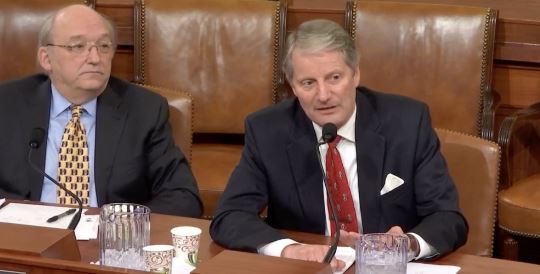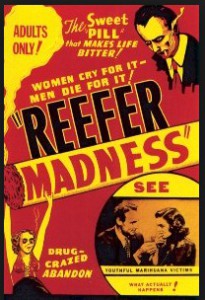 The political website Politico (gated) broke the news that NCPA senior fellow, John R. Graham, will be the next principal deputy assistant secretary for planning and evaluation at the U.S. Department of Health and Human Services. The Daily Caller also broke the news earlier this week with a rather provocative headline: “Trump Admin Appoints Healthcare Reform Expert To HHS Amid Obamacare Negotiations.” The photo was taken during Graham’s Congressional testimony on the individual mandate, which can be viewed here.
The political website Politico (gated) broke the news that NCPA senior fellow, John R. Graham, will be the next principal deputy assistant secretary for planning and evaluation at the U.S. Department of Health and Human Services. The Daily Caller also broke the news earlier this week with a rather provocative headline: “Trump Admin Appoints Healthcare Reform Expert To HHS Amid Obamacare Negotiations.” The photo was taken during Graham’s Congressional testimony on the individual mandate, which can be viewed here.
An announcement by NCPA CEO Jim Amos can be found here:
We at NCPA are excited to learn that President Trump and Secretary Tom Price have chosen our trusted and accomplished colleague, NCPA Senior Fellow John R. Graham, to lead the Division of Planning and Evaluation at the U.S. Department of Health & Human Services. Mr. Graham has a record of accomplishment in many areas of health policy, including payment reform, regulation of drugs and devices, comparing international health systems, and the importance of incentives in medical innovation. Everyone who has worked with Mr. Graham has experienced his collegiality, humor, intelligence, and organizational and thought leadership. Although we are sorry to lose him from our team, we know his new colleagues – and the American people – will benefit greatly from his skills and drive to put patients before politicians in health reform. Mr. Graham’s senior appointment by the Trump Administration is yet another example of NCPA’s impact on public policy.











